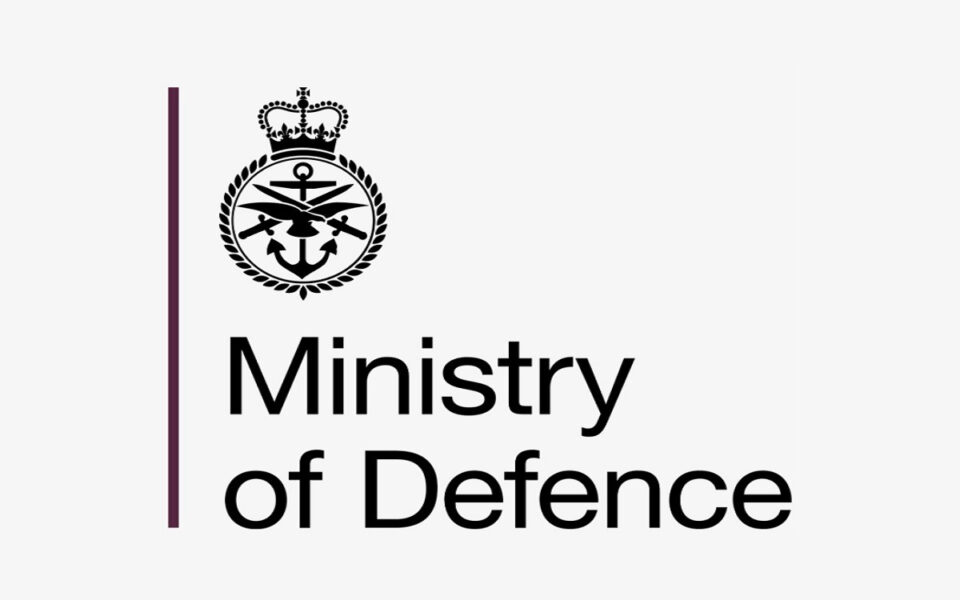Minimum Income Requirement to sponsor families to enter, stay or settle in the UK to be lowered for Service Personnel.
Minimum Income Requirement to sponsor families to enter, stay or settle in the UK to be lowered for Service Personnel.
The reduced threshold will align to the salary of a SP completing basic training (£23,496), rather than to the increased MIR for all other citizens (£29,000).

The Government has announced new immigration rules that has increased the Minimum Income Requirement (MIR) to £29,000 to sponsor family members to enter, stay or settle in the UK.
As part of the Defence Secretary’s commitment to drive recruitment and aid retention, the Ministry of Defence has agreed with the Home Office that this MIR will be lower for Armed Forces to align with the salary threshold on completion of training. This bespoke MIR recognises the vital contribution that our personnel, including those from the Commonwealth and Nepal, have in defending the nation, alongside aligning with the Armed Forces Covenant.
This will support serving personnel with foreign national family members to bring their loved ones to the UK, allowing the family to stay together and give the recruit the support they need throughout their career in Defence. Commonwealth and Nepali soldiers will also not be disadvantaged when choosing to serve in the UK Armed Forces, giving them the opportunity to build a family whilst meeting the MIR.
From 11 April 2024, the MIR for HM Armed Forces personnel and service leavers sponsoring visas or settlement applications for family members will align with the salary threshold on completion of training, currently £23,496. This is lower than the £29,000 for all other groups.
The Ministry of Defence has worked with the Home Office to agree this lower threshold for HM Armed Forces, which was included in new immigration rules laid on 14 March 2024. The MIR for HM Armed Forces will be reviewed in line with the annual pay award. There are transitional arrangements for those who, before 11 April, already have entry clearance or leave to enter or remain (also known as permission to enter or permission to stay), or who have applied for it (and are being granted), who have already met the MIR. This will ensure that they are not disadvantaged by having to meet a new MIR. Other aspects of the MIR will remain unchanged, such as the various ways in which it can be met and the application process.




